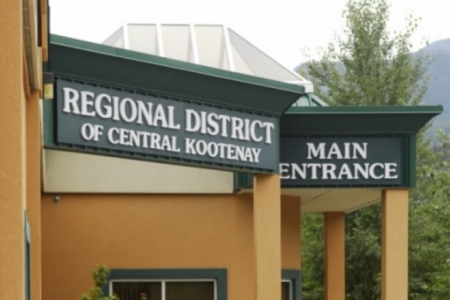COMMENT: School closures and the ‘cult of efficiency’
In light of the current fiscal crisis and resultant school closures and reconfigurations being contemplated by our Board of Education to balance its budget we believe it is appropriate to revisit some of Murray Dobbin’s thoughts in his article about School Closures and the “Cult of Efficiency” written in 2008 when he was the acting editor of Teacher newsmagazine:
“The closure of public schools in BC has reached crisis level and is unprecedented in the history of [this province]. The current raft of closures—[almost 200] since 2001 and more scheduled for this year—is rationalized by declines in enrolment. But there is a much stronger driving force behind these permanent losses of schools and that is the ideology of the current provincial government. The application of neo-liberal ideology (or radical free-market ideology) is at the root of this tragic loss of schools and the devastation it causes students, parents, neighbourhoods, and communities.
University of Toronto economics professor Janice Gross Stein has identified the key piece of that ideology that underpins the [Liberal] government’s attitude toward the closures. In her book The Cult of Efficiency, Stein says “…efficiency is often a cloak for political agendas. …the discussion of efficiency in the delivery of public goods, such as education and healthcare has risen to prominence in post-industrial society. When it [efficiency] becomes an end rather than a means, a value often more important than other values, and when we no longer ask the questions, ‘efficient at what?’ or ‘for whom?’ efficiency becomes a cult.”
It becomes the victory of ideology over common sense.
Today’s abundance of school closures—between 2001 and now, BC will have closed 11% of its public schools—is driven by the rigid application of the efficiency principle as virtually the only criterion for whether or not a school survives. Districts have to demonstrate that their schools are operating “at capacity.” If they are not, closures must be made so that students can be concentrated in fewer schools to achieve that capacity.
This perverse formula virtually dismisses other values: the impact on students; the effect on education (that is, the value of small schools in quality education); the stress caused parents; and the role of the school as the heart of the neighbourhood. This is a students-as-widgets factory model of education.
Ironically, even though the model allegedly borrows from the world of business, these school closures contradict business principles. No business that wants to be truly successful and build for the future, would apply the efficiency test in the absence of other business principles. Hiring on a strictly “efficiency” basis could mean the collapse of quality customer service, for example. In practical terms, these closures are bad for local businesses. The closing of schools can have a negative effect on attracting new, young employees who are raising families. The closing of scores of schools across the province when there is a growing labour shortage and an aging workforce, is an especially short-sighted policy.
Of course it is not just this particular pre-occupation with efficiency that is at the root of the problem. Another business principle—the ruthless slashing of costs to enhance profits—underlies the Liberal government’s approach. The chronic underfunding of education means that boards are facing increasing pressure to close small schools to reduce maintenance costs.
Some schools do close because of declining enrolment. However, that is not the case in the majority of closings in BC. The current decline of 5% to 6% in enrolment since 2001 is predicted to level off in 2013 and begin increasing again in 2016.
The closures and the ever-larger schools that result ignore the benefits to students and parents of small schools. Finland for example, the country that scores the highest in international tests, has many small schools. In fact, only 3% of schools in Finland have more than 500 students, and no school has more than 1,000 students.
As more and more schools close the alarm about the trend grows with it. Almost every school district in the province is facing school closures because of the perverse capital-funding rules imposed by the provincial government. And in virtually every case the closure is opposed by teachers, parents, and often local political leaders.
The school closure issue crosses all political lines and social classes. Canada is still a strongly communitarian culture and the vast majority recognize the importance of schools to viable, dynamic communities. A poll conducted for the BCTF by the Mustel Group tells the story. Only 25% said “the cost effectiveness of keeping the school open” should be the most important determining factor, while 67% said “The broader role and benefit of the school to the neighbourhood,” should take “higher priority” in any decision about closing a school.”
Andrew Davidoff is the president of the Kootenay Columbia Teachers’ Union.



























Comments